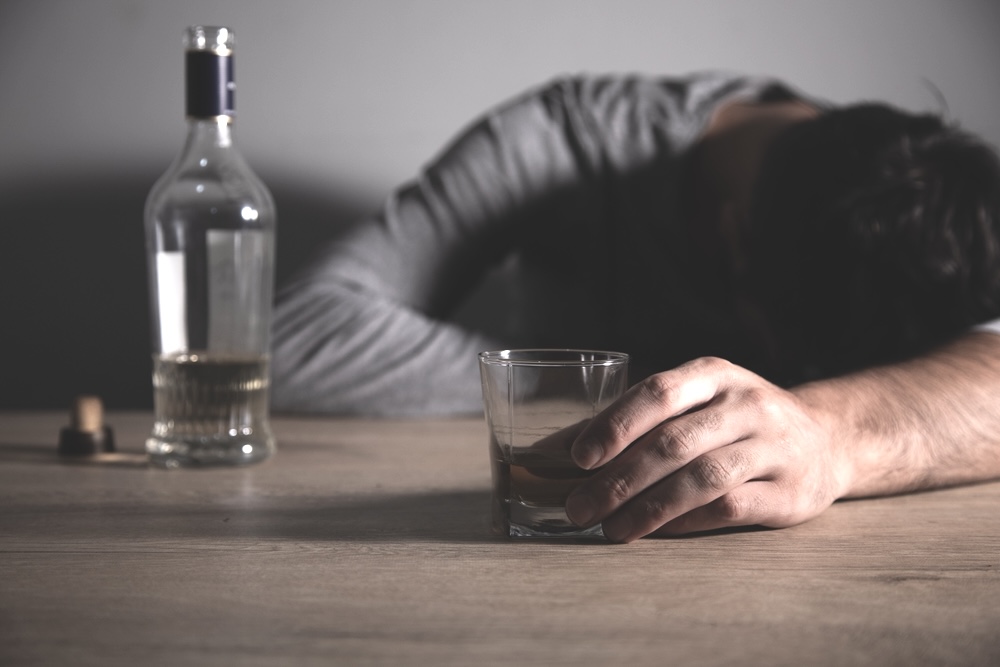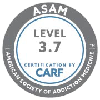After a night of drinking alcohol, you might feel dizzy, lightheaded, or just plain tired. Your head might hurt, and your stomach could feel unsettled. Many people believe they can just sleep it off and wake up sober. But does that actually work? The truth is more complicated than you might think. Your body processes alcohol at its own pace, and sleep might not be the ultimate answer.
This blog will answer some questions about sobering up. We’ll discuss how long it takes to sober up, whether sleeping helps, and whether sleeping while drunk could be risky. Read on to learn why there’s no quick fix for alcohol in your system and what you can do instead.
How Long Does It Take to Sober Up?
Sobering up is not instant. Your body processes alcohol at a steady rate, no matter what you do. On average, it takes about one hour to eliminate the alcohol from one standard alcoholic drink. However, this can vary based on factors like your weight, age, sex, and how much food you’ve eaten. Drinking on an empty stomach, for example, can result in faster absorption of alcohol into your bloodstream, meaning your blood alcohol concentration (BAC) rises more quickly.
It’s important to note that no home remedies like cold showers, coffee, or drinking water will actually make you sober. These methods are common myths that might help you feel more alert or feel more awake, but they won’t lower your BAC levels. The only way to truly sober up is to give your body the time it needs to process the alcohol.

Do You Sober Up While Sleeping?
Not exactly. When you’re asleep, your body continues to metabolize alcohol, but at the same steady rate it does while you’re awake. Sleep doesn’t magically lower your alcohol levels. However, sleeping has its benefits.
Rest can make you feel better and reduce some symptoms of drunkenness, like fatigue or dizziness. It’s also worth noting that sleep itself doesn’t change the effects of alcohol. Sleep just gives your liver the time it needs to process whatever is in your system.
One of the best things about sleep is that you’re not consuming more alcohol. If you’ve had a large amount to drink, not drinking any more is important. While you sleep, you’re not taking in additional harmful substances, which helps your body recover. Even so, it’s not a good idea to rely on sleep alone.
Hidden Dangers of Sleeping While Drunk
Sleeping while intoxicated might sound harmless, but it has real risks. One major danger is alcohol poisoning. When you consume alcohol faster than your body can process it, your blood alcohol concentration (BAC) keeps rising. This can happen even after you stop drinking because the alcohol already in your stomach and small intestine is still being absorbed into your bloodstream. If your BAC gets too high, it can lead to slowed breathing, loss of consciousness, or even death.
Another concern is choking. A person who’s heavily intoxicated might vomit during sleep and be unable to clear their airway. This can quickly become life-threatening, even if you think someone is “sleeping it off.” If you or someone else is heavily drunk, it’s better to monitor them closely. When in doubt, seek medical help, especially if they show signs of alcohol poisoning, like confusion, difficulty waking up, or slow breathing.
What Can You Do Instead?
Though time is the only way to eliminate the alcohol from your system, there are steps you can take to make yourself feel better while you wait. First, drink a glass of water. Staying hydrated by drinking plenty of water combats some uncomfortable side effects of drinking. Eating a small meal can also help balance your energy levels.
It’s also a good idea to understand your limits. Stick to standard drinks, alternating them with water during your night out. This reduces the risk of overconsumption and allows your body to keep processing alcohol at a manageable rate. If you frequently experience issues with overdrinking or aren’t sure how to stop drinking once you start, it might be time to seek help.
Best Alcohol Detox Treatment in Orange County, CA
Sleeping while drunk might help you feel rested, but it’s not a magic solution for sobering up. Your body needs time to process the amount of alcohol you’ve consumed, and there’s no shortcut for that. While sleep plays a role in recovery, it doesn’t lower your BAC levels or prevent the risks associated with heavy drinking, like alcohol poisoning.
If you’ve found yourself relying on “sleeping it off” too often, it could be a sign of a larger issue. Seeking professional help for alcohol misuse is key. At Saddleback Recovery, we offer detox and treatment programs tailored for people struggling with alcohol addiction. Reach out today to learn more about how you can lead a sober, healthier life.









